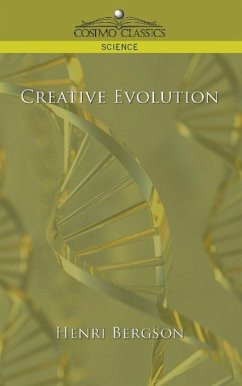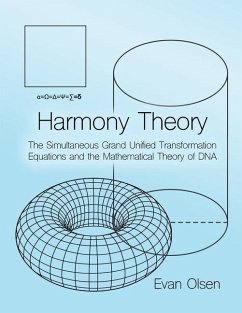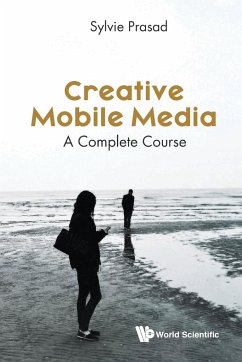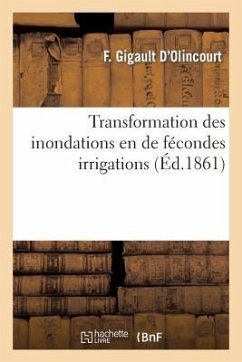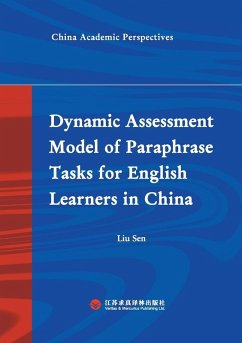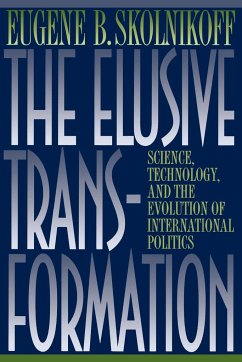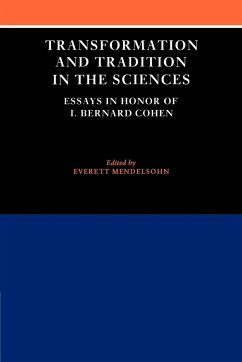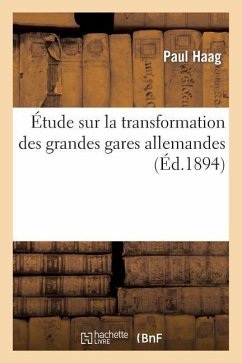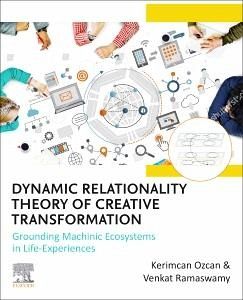
Dynamic Relationality Theory of Creative Transformation
Grounding Machinic Ecosystems in Life Experiences

PAYBACK Punkte
56 °P sammeln!
Dynamic Relationality Theory of Creative Transformation: Grounding Machinic Ecosystems in Life Experiences introduces a visionary approach to understanding the evolving relationship between technology and human experiences. It delves into the transformative potential of Machinic Generalized Intelligence (MGI), where AI and human intelligence converge harmoniously, creating a new paradigm of interactive, machinic life experiences. This book challenges the traditional tech-centric view, advocating for a life and experience-first perspective. It presents the Dynamic Relationality Theory (DRT), a ...
Dynamic Relationality Theory of Creative Transformation: Grounding Machinic Ecosystems in Life Experiences introduces a visionary approach to understanding the evolving relationship between technology and human experiences. It delves into the transformative potential of Machinic Generalized Intelligence (MGI), where AI and human intelligence converge harmoniously, creating a new paradigm of interactive, machinic life experiences. This book challenges the traditional tech-centric view, advocating for a life and experience-first perspective. It presents the Dynamic Relationality Theory (DRT), a novel conceptual framework that redefines our interaction with technology, emphasizing cocreative, emergent experiences over mere digital platformization. Through an interdisciplinary approach combining philosophical insights and social theories with practical applications, this book navigates the complexities of digitalized life ecosystems, employing concepts and tools from assemblage theory, category theory, sheaf theory, differential topology, and gauge theory. For readers grappling with the complexities of AI and its societal implications, this book offers clarity and direction. It provides a robust theoretical framework to understand the changing landscape of human-technology interaction. Furthermore, it integrates philosophical insights and ethical considerations into the discussion of AI and technology, providing a well-rounded perspective that aids in ethical decision-making and responsible innovation. It also delves into practical applications and future implications of AI, aiding readers in applying these concepts in real-world scenarios. By moving beyond a purely technological focus, this book equips readers with the insights needed to navigate the ethical, philosophical, and practical challenges posed by the integration of AI into daily life. A crucial resource for academics, professionals, and policymakers, this book serves as a guide to making informed decisions and fostering responsible innovation in the age of AI.




